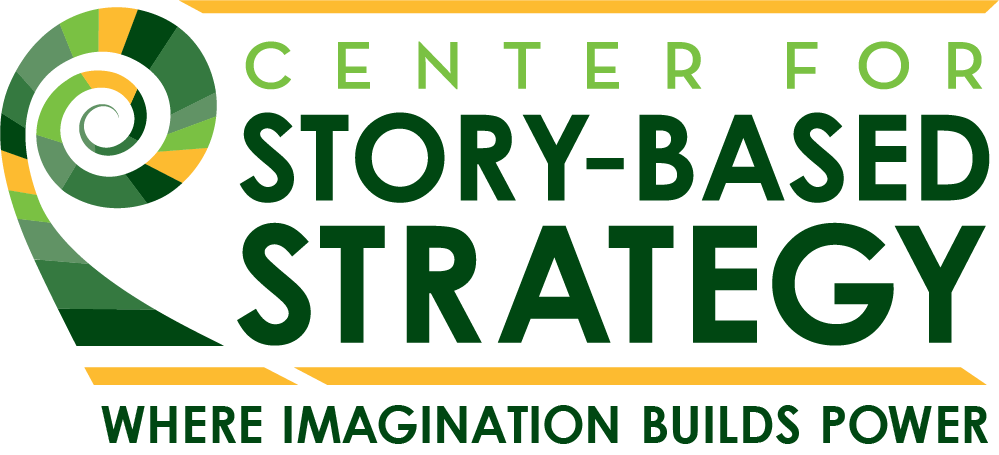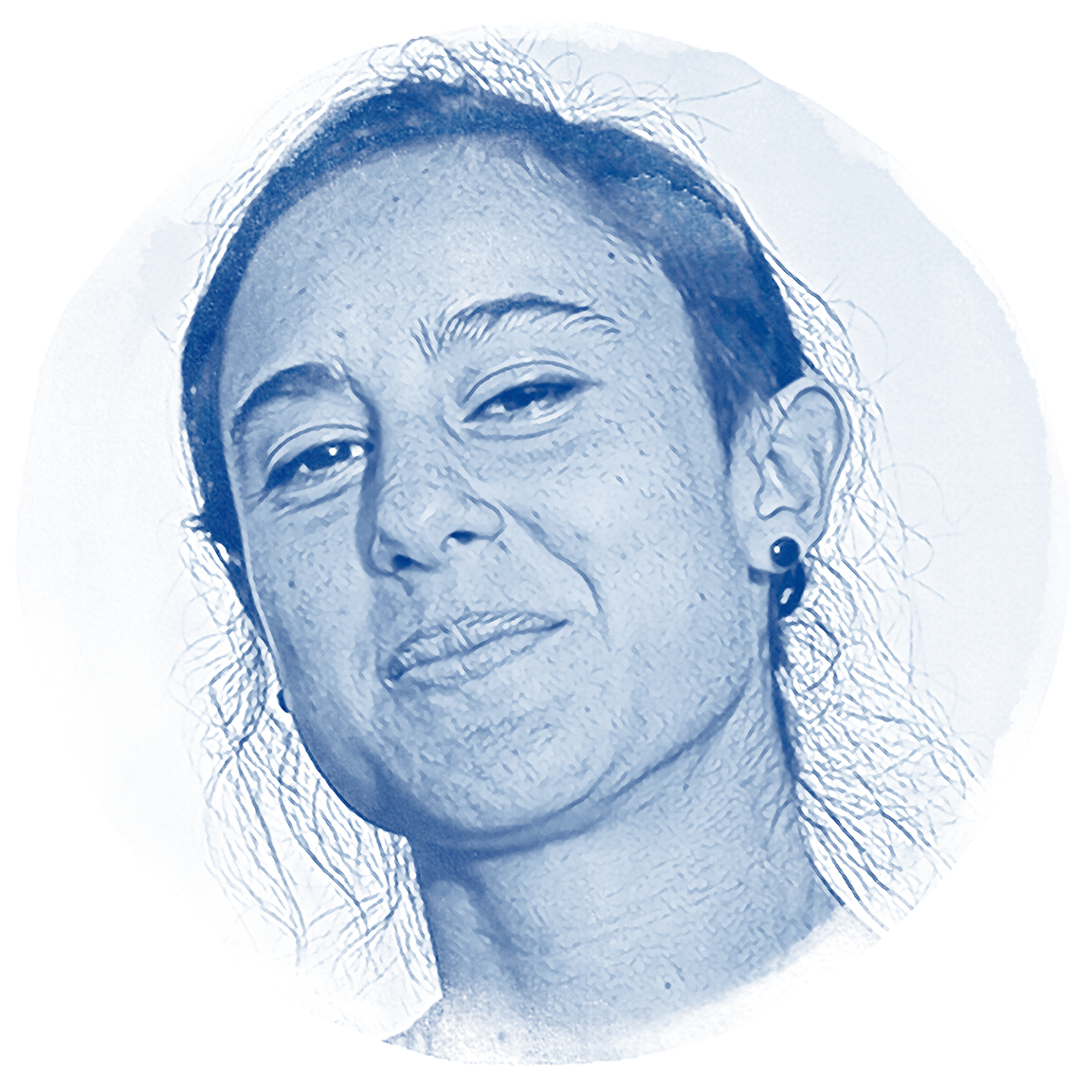Grappling with Contradiction: Mariana Mendoza moves to Decolonize Climbing
Mariana Mendoza, CSS Trainer
Describe yourself in three words.
resilient/stubborn, heart-led, strange Mexican
Tell us about yourself.
I am a Mexican immigrant muxer, who has been living in Los Angeles for about 6 years. I grew up in Mexico City in a middle class family, with lots of access and ability to assert most of my rights.
I have had the opportunity to work and share in various spaces and with wonderful people who have helped me grow politically, spiritually, and in movement work. Friends and family introduced me to questions, thoughts, and actions that made me more politically conscious growing up. I was part of anti-corruption/violence, land rights, and gender rights campaigns in Mexico, and then started organizing in the US around migrant and refugee justice, climate justice, food sovereignty, racial justice, anti-prison and transformative justice. For the last few years I’ve engaged in just transition strategies – in trying to figure out how to transition from an extractive, violent way of living to a regenerative and just one. This has entailed understanding that all (in)justice issues are interconnected and therefore the solutions should be as well. My organizing is to transform the dominant capitalist, eco-cultural-murdering, settler colonial, ableist, white supremacist, imperialist, heteropatriarchal world we live in. I mostly engage in intersectional work and am committed to migrant, racial, indigenous, climate, play, and gender justice. I am guided by the idea that all people should be able to assert their rights.
We live in a complex world, full of contradictions. We will need to understand the contradictions, and support each other in navigating through them as we transform. The transformation we need can be supported by narrative power analysis, imagination, dialogue, and practice; they are all crucial to building a world where many worlds fit.
I am committed to using my energy, access, and heart to share spaces of consciousness, justice, connection, accountability, health, and love – where people can work together to demand justice and assert our rights. I am eager to figure out how to be in right relationship with the land and people.
Tell us about the work that you are doing with CSS.
The Practitioner Fellowship is supporting me as I work with a group of indigenous, immigrant, and people of color in analyzing how the dominant stories of the “outdoors”/recreation and rock climbing communities wield settler colonial and violent power. My work is to create interventions, in collaboration with this collective, to dismantle underlying assumptions and redefine relationships of power with peoples’ experiences and stories.
Explain to us why you are doing this work.
The rock climbing/”outdoor” communities are mostly oblivious about their role in practicing and sponsoring settler colonialism, heteropatriarchy, and ableism. Most people in those communities don’t realize they are dismissing reparations and social/economic justice. As a rock climber, I am responsible to create opportunities to challenge and change problematic narratives and open imaginations.
It is important that we work collaboratively with different peoples to develop a clear analysis and narratives to challenge practices and ideologies climbing communities uphold. We want to come up with creative interventions that can help change the stories and create opportunities of imagination that can help us relate to the land and to indigenous and people of color in more supportive, respectful, reparative ways.
Our goal is to grow consciousness about the role we play as “outdoor people”/climbers in supporting oppressive ideologies. I want to develop opportunities for supporting the communities who have been displaced/impacted by dishonorable relationships and land use.
Share how folks can get involved with your work or see your work’s final product.
Check out the Instagram account @decolonizeclimbing! We’ve got some anti-colonial proposals and toolkits coming out soon!
How would you describe Story-based Strategy (SBS) to someone who has never heard about it?
SBS is a tool, a guide, a practice to analyzing why we and/or other people hold some beliefs and how these impact [how we act with other people and the land and] how we show up in the world. It is a practice that can help us see how to shift the relationships of power in stories.
How did SBS affect your work on the project?
SBS’ tools Narrative Power Analysis and Battle of the Story really showed us how dangerous the underlying assumptions of the climbing/”outdoor” community are - such as:
“Indigenous stories are a myth. Mountains can’t be family members.”
“I am interested in indigenous cultures but I am not prepared to live by their cultural beliefs, in fact, many of their dreamtime stories are forbidden to be told to people outside of their culture - so even if I desired to have a full understanding, I am denied that in advance.”
“The serious and strong attempts to get everyone off the rock is an extension of the culture of exclusion that I don't live by. Indigenous people say it best themselves ‘We don't Climb.’ That's fine, don't climb, don't allow your families and extended community to climb - stick with your beliefs and don't impose them on everyone else on Earth. This is an attack on our collective freedom.”
“If they believe the land belongs to everyone, these rocks belong to us too.”
“I am glad I lived my life in the old good days, and was able to climb wherever I wanted. My daughter will never get a chance to climb all the rocks I was able to.”
“Last time I checked we are all on Earth. We’re all indigenous. I’m a ‘localized creator-being’ too! And now, it’s my turn [to climb the mountain/rock].”
“I am not dishonoring nobody, I am just climbing.”
“Nobody lived here before, or has lived here for a long time.”
We also realized how fragile those assumptions are if we can find ways to share stories and histories in a way that is meaningful for people, we can #changethestory and transform power dynamics.
How was working on this project, using SBS, different from your work without SBS?
It was challenging, and also very real and transformative. Challenging because it is vast - there are so many assumptions to challenge and many ways of relating to reimagine and test. Transformative because our stories hold so much power, from experiences and visions of a world that is more accessible, inclusive, loving, regenerative and tending. Throughout this project and other opportunities to learn from and work with CSS, SBS has become part of my daily practice. SBS supports me in uncovering and challenging many of the assumptions I hold. It helps me imagine ways to share my vision(s) in a more meaningful way.
If you could have another iteration of your work, how would it have changed?
For me, this is just the start. More feedback and support from other fellows, collaborators and SBS practitioners in doing a deeper analysis and more creative interventions could help.
Do you think SBS will change how you relate to future work in collaboration with others? How? And why?
Yes, all the time. If our vision is to create a world where many worlds fit (and honor all those worlds), we need to listen to one another, share with one another, support one another. SBS is a big part of understanding each other and uncovering the ideologies we need to change to assert our rights.



